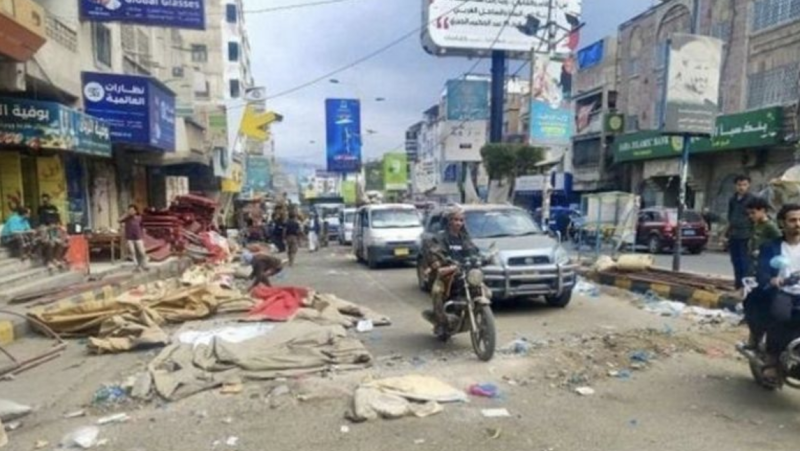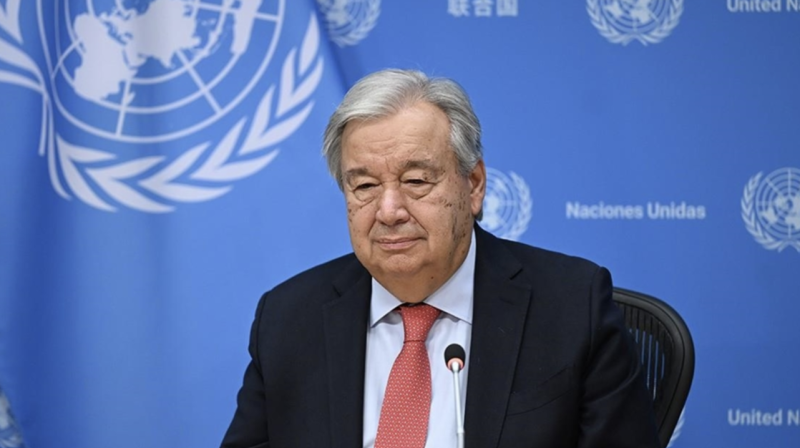Yemeni army reports 4,276 Houthi truce violations


Yemen’s army has said that the Iran-backed Houthis have violated a UN-brokered truce more than 4,276 times since day one by mobilizing fighters and launching drone and missile attacks on government troops, even as the militia indicated its acceptance of its renewal.
The truce, which is the longest since the war began, came into effect on April 2 and has led to reduced violence and deaths across the country, the UN said.
But the Yemeni army said the Houthis continued to gather heavy artillery, military vehicles, and fighters outside the strategic city of Marib, had attacked government troops in Marib, Taiz, Saada, and Hajjah, and created new military outposts.
Members of Yemen’s government forces search for explosive devices in a house in the village of Hays in the western province of Hodeida on Monday. (AFP)
“The Houthis are challenging the truce and international resolutions. They have not adhered to the truce,” Maj. Gen. Abdu Abdullah Majili, an army spokesperson, told Arab News on Monday.
The UN’s Yemen envoy Hans Grundberg is pushing the government and militia to extend the truce and put into place its unfulfilled components, including opening roads in Taiz and other provinces.
The Houthi violations come as the UN’s Yemen envoy Hans Grundberg pushes the government and militia to extend the truce and put into place its unfulfilled components, including opening roads in Taiz and other provinces.
On Sunday, the head of the Houthi Supreme Political Council, Mahdi Al-Mashat, said the movement would accept an extension of the truce with its opponents, boosting hopes of stopping hostilities across the country for another two or three months.
“We affirm that we are not against extending the truce, but what is not possible is the acceptance of any truce in which the suffering of our people continues,” the Houthi leader said.
In Aden, the head of Yemen’s Presidential Leadership Council, Rashad Al-Alimi, also expressed his support on Saturday for current efforts by international mediators to extend the truce.
At the same time, activists and rights groups intensified their campaigns on the ground and on social media to highlight the grave consequences of the Houthi siege on thousands of Taiz residents.
The Abductees Mothers’ Association, an umbrella group for relatives of those abducted in Yemen, said Sunday that checkpoints manned by the Houthis outside Taiz had seized 417 people seeking to enter or leave the city since the beginning of the war.
The Houthis have laid a siege on Yemen’s third-largest city since early 2015 after failing to seize control of it due to strong resistance from troops and local fighters.
The Houthis barred people from driving through the main roads, deployed snipers, and planted landmines, forcing people into using dangerous and unpaved roads.
“Civilians in #Taiz are forced to use alternative long, narrow, winding, and unsafe routes, which caused a lot of accidents that killed and injured hundreds of victims,” tweeted the American Center for Justice, a rights group established by Yemeni activists. It added that Houthi snipers indiscriminately gunned down civilians while they carried out their everyday activities.
“Most of the children sniped by Houthi snipers were targeted while fetching water, grazing the sheep, playing near their homes, or returning from schools,” the organization said.

Taiz -- A child and another man were killed, while nine others including a young girl were injured on Thursday, December 18, after an explosive dev…

NewYork -- United Nations Secretary-General António Guterres on Wednesday strongly condemned the continued arbitrary detention of UN personn…

New York — United Nations Secretary-General António Guterres told the Security Council that the operating environment in areas under t…